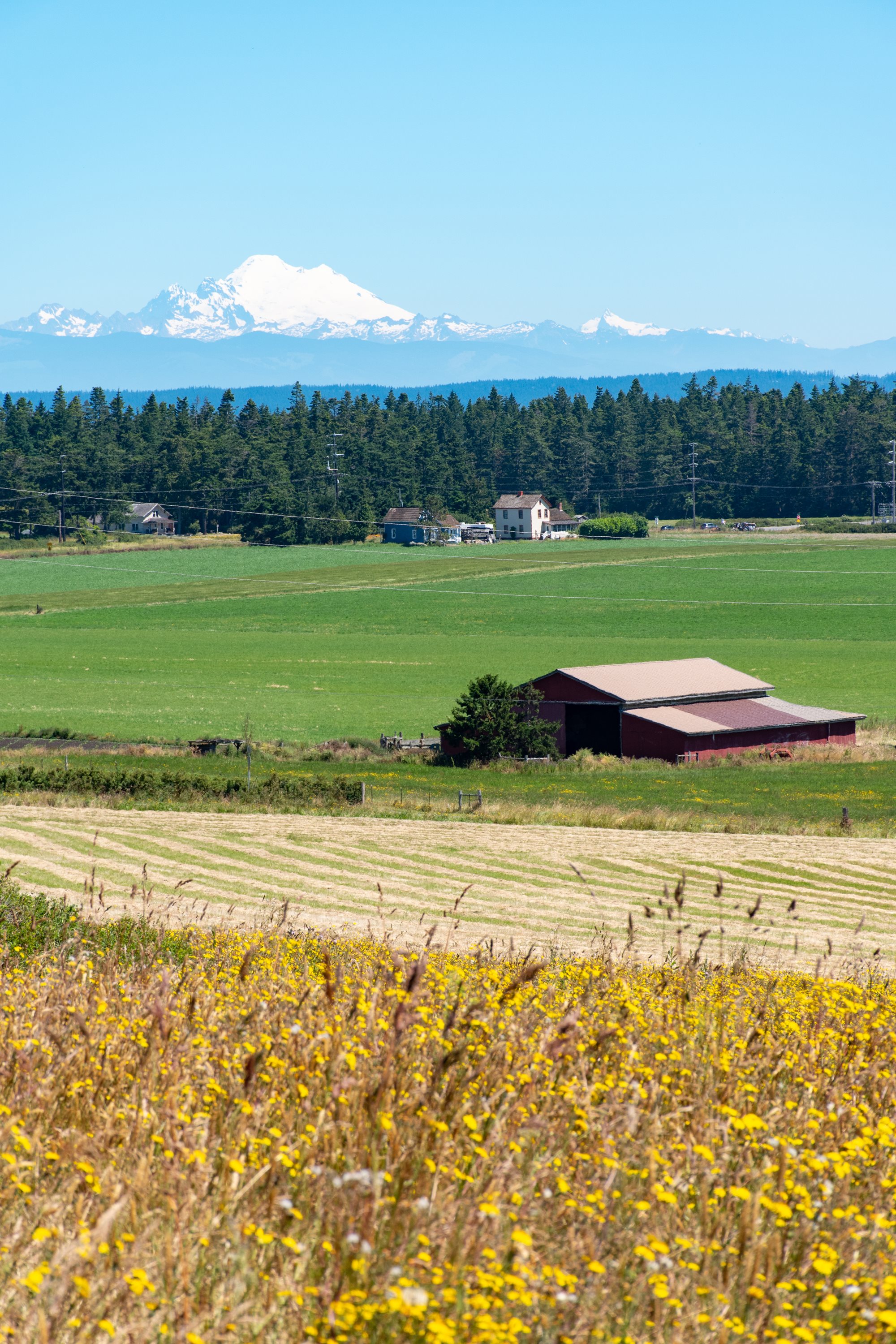Washington State Agricultural Competitiveness Study
Washington state agriculture is a cornerstone of the local and national economy, boasting a production value of over $12.8 billion. Over $20 billion in food and agricultural exports, including products produced outside the state, pass through our ports each year. Our state supports more than 32,000 farms, a remarkable 94% family owned, Washington’s agricultural sector is a testament to the dedication and resilience of its farming families. These farms produce a diverse array of crops and livestock, contributing to the food supply chain and supporting the livelihoods of thousands of residents.
Agriculture is one of the key industries in our state, serving as a conduit to job creation, rural development, and economic viability. Yet, Washington farms, ranches, and agribusinesses are confronted with challenges that threaten the current and future viability of agriculture in Washington.
Challenges include:
- Rising input costs
- Loss of domestic and foreign markets
- Changing climatic conditions
- Water availability and quality
- Labor and workforce concerns
- Increased regulatory burden
Such pressures have an impact beyond agriculture, threatening Washington’s environment, rural and urban communities and ultimately all of Washington’s residents who rely on healthy and accessible food.
Recognizing the need to address these challenges, the Washington State Legislature awarded WSDA $400,000 in general funds over the course of the 2024-2025 biennium. The funds are being used to contract with the Washington State University IMPACT Center (WSU IMPACT CENTER) to conduct an analysis of the threats, barriers, and challenges facing Washington state’s agricultural industry. The goal is to increase agricultural competitiveness and business viability by illuminating opportunities to strengthen Washington’s agricultural industry.

